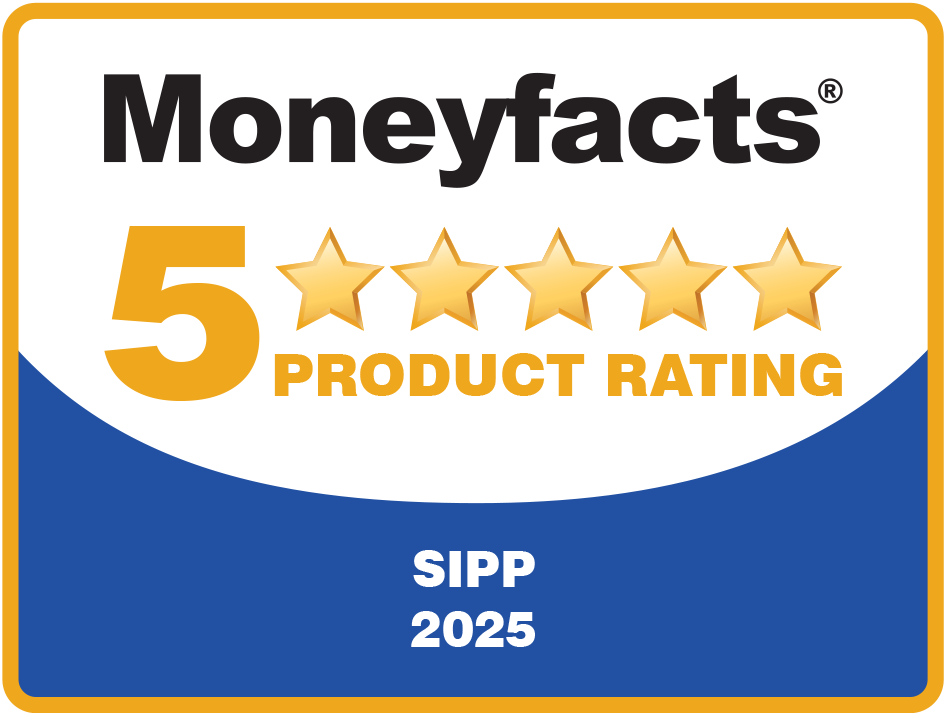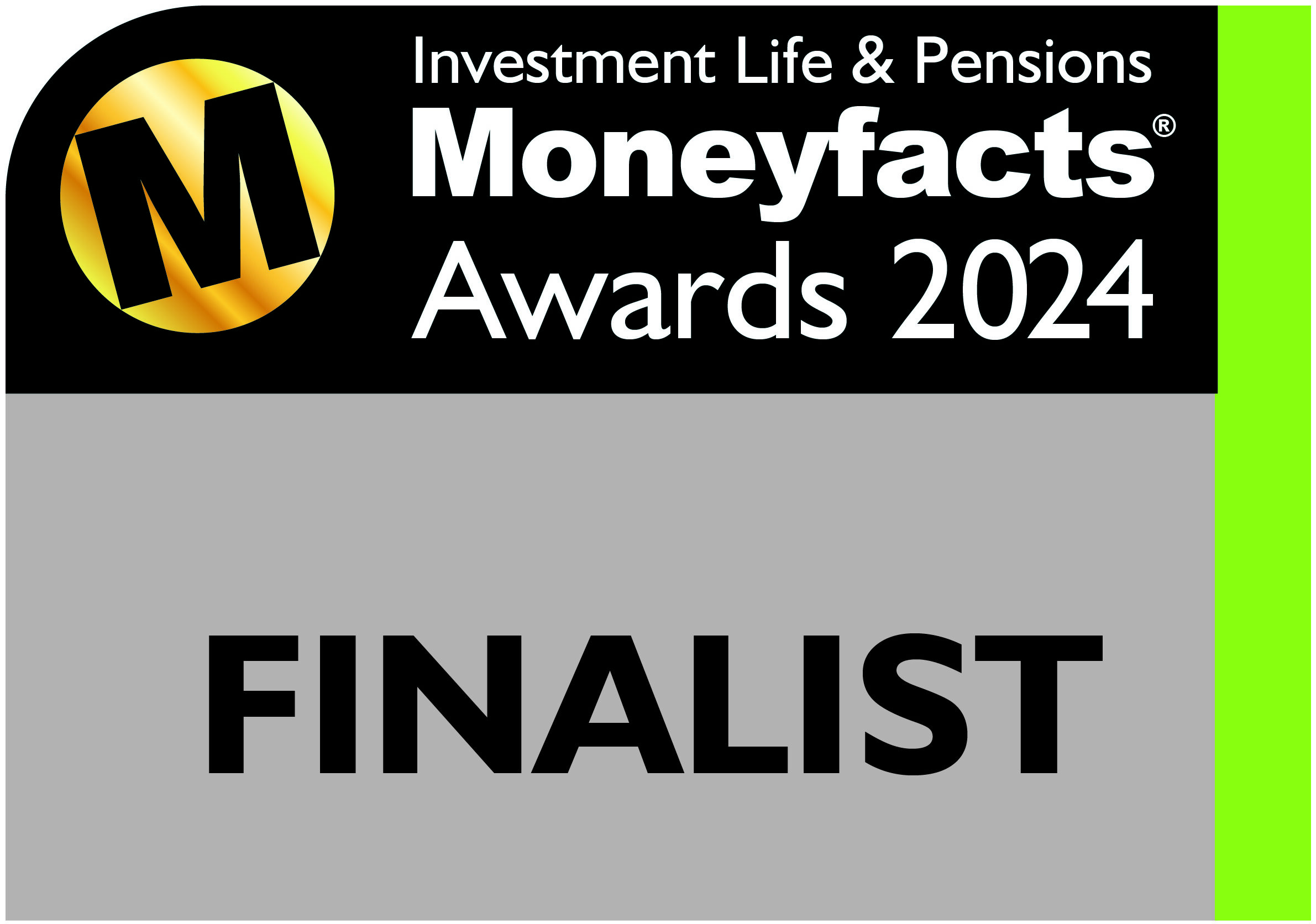VAT registration of commercial property in a SIPP: here’s what you need to know
When speaking with clients and advisers about a commercial property purchase within a SIPP, one of the first questions we will ask is: “Is the property VAT-registered?”
Often, the initial response to this question is silence!
While this is a straightforward question, the answer can have significant implications for how a property transaction takes place.
It’s important to note at this point that VAT is a specialist area. While IPM has experience in dealing with VAT-registered properties within a SIPP, we are not VAT experts. We would always suggest taking specialist VAT advice on any transaction of a VAT-registered property.
Read on to find out about all the issues you and your clients need to consider if a property is VAT-registered and discover the actions advisers and clients will need to take in this scenario.
What does it mean for a SIPP when a property is VAT-registered?
In simple terms, any agreed purchase price will need to have 20% added on top. This can have a significant impact on the funding of a purchase within a SIPP, where there are restrictions as to the maximum amount that a client can contribute each year.
As well as VAT being added to the purchase price, Stamp Duty is payable on the total purchase price including the VAT element.
If a SIPP is purchasing a property that is not VAT-registered for £300,000, the Stamp Duty payable is £4,500. The total cost to the SIPP is £304,500.
However, if the same property was VAT-registered, the purchase price is now £300,000 + 20% = £360,000. The Stamp Duty also jumps to £7,500. Total cost to the SIPP = £367,500.
Adding VAT can have a significant impact on the cashflow of a SIPP and is something that a client should consider before the SIPP is established.
But a SIPP can reclaim VAT, right?
In most instances, this is correct.
However, for the purchase to complete, the SIPP must have the full amount in it in the first place. While borrowing could be taken out for this purpose, the maximum borrowing by the SIPP cannot exceed the HMRC limit of 50% of the SIPP’s value.
As part of the purchase process, the SIPP provider will register the SIPP for VAT with the VAT office. Once the purchase completes, the SIPP provider will be required to complete quarterly VAT returns. On the first return after the purchase completes, the SIPP provider will make a reclaim for the VAT paid on the purchase.
Notice that we have said clients can reclaim VAT “in most instances”. There are certain scenarios where this is not possible, due to the nature of business undertaken by the tenants of the property. This is where clients should seek specialist VAT advice.
It is also worth noting that rent paid to the SIPP will need to have VAT added to it. The SIPP provider will pay this to the VAT office on a quarterly basis.
How do you know whether a property is VAT-registered?
- The vendor should be able to tell whether the property is opted for tax, as they would have either paid VAT on the purchase price on the original transaction or have subsequently registered the property for VAT.
- If rent is already being paid by the tenant of the property, then check to see whether VAT is being applied to the payments.
- If there is still not a clear answer, then the vendor will need to check this with HMRC.
Note that just because the business that owns the property is VAT-registered, it does not always necessarily mean that the property is VAT-registered. The two are separate and is often an assumption made where a SIPP is purchasing from the client’s business.
How long does it take for a provider to register a SIPP for VAT?
The answer to this question can cause frustration for clients, advisers, and providers alike.
When embarking on a VAT-registered purchase the provider must VAT register the SIPP on the one hand, and the option to tax for a specific property on the other. These are two separate things, dealt with by two different departments at HMRC and therefore two separate submissions must be made to the VAT office.
We then wait until the VAT office processes and (hopefully) approves the application.
Historically, it was not unusual to wait around three months from an application being made to a response from the VAT office. During the Covid pandemic, these timescales increased significantly: timescales of around nine months were the norm.
While waiting times have come down again considerably, it’s still taking an average of around four months for a VAT application to be processed. Some are returned sooner, while others can still take longer than this. And unfortunately, there is little that anyone can do to speed up the process.
Are there any circumstances where a SIPP does not have to pay the VAT when purchasing a VAT-registered property?
In some instances, a VAT-registered property transaction could be treated as a “transfer of going concern” (TOGC).
A client should seek specialist VAT advice to determine whether a transaction can be treated as a TOGC. The vendor’s solicitors will ultimately determine this.
However, in general, if there is a lease in place at the time of the transaction and that lease remains once the purchase completes, the transaction could be treated as a TOGC.
Where the TOGC criteria are met, even though the property is VAT-registered VAT will not be payable on the purchase price. The provider will also need to still make the two separate submissions to the VAT office, as detailed above. It is also worth noting that VAT will continue to be paid on the rent and VAT would apply on the sale of the property, unless it was a TOGC.
Even if it is likely that the VAT could be reclaimed anyway, a TOGC transaction could assist with the cash flow of a SIPP purchase. That’s because a client may not have to arrange borrowing, or pay further contributions, just to cover the VAT element of the purchase.
Are there any circumstances where a non-VAT registered property would be opted to tax?
Where a property in a SIPP requires extensive development works, it is not uncommon to see the property opted to tax to allow the SIPP to reclaim the VAT on any building costs.
Can a SIPP purchase part of a VAT-registered property?
It is possible for a SIPP to only purchase part of a property, and there is nothing in the HMRC guidelines preventing this.
However, like most matters, each SIPP provider will consider the guidelines and apply these to their offering based on their flexibility and risk tolerance.
IPM will not part-purchase a VAT-registered property. We are happy to purchase VAT-registered properties in their entirety, either through one SIPP or several. However, in a part-purchase IPM is not able to limit the liability of the SIPP to the proportion of the property it owns.
This means that if the third party the SIPP owns the property with does not pay any VAT due (or any associated fines) the VAT office would look to the SIPP to recover the outstanding amounts. They could then look to the provider.
We are aware that other SIPPs and SSASs put provisions in place that make them comfortable with this arrangement. While IPM have considered these arrangements, we still do not feel that this is a risk we are able to take.
Can a property be deregistered for VAT?
While this is a question more suited to a VAT expert, as this is a question we are often asked we thought we’d address it anyway.
The answer is usually “no”.
However, there has been one example where we have been involved with a property that was deregistered for VAT. The property itself gave us no concerns, however the three clients involved did not have sufficient in their SIPPs to purchase the property outright when the VAT was added to the purchase price.
After seeking VAT advice, they were informed they were able to revoke the option to tax on the property as more than 20 years had passed since the option first took effect and the property had not changed hands during this time.
As this property in question had been owned by the same owner for over 19 years, the revoking option was able to be made in the next year allowing the SIPPs to complete the purchase.
Note that the above should not be relied upon as VAT advice and was specific to an individual’s circumstance. Specialist advice should be sought in this area.
Get in touch
If you have any queries about VAT registration, of you’d like to explore whether the IPM SIPP could be the right choice for your clients, please get in touch. Email info@ipm-pensions.co.uk or call 01438 747151.



